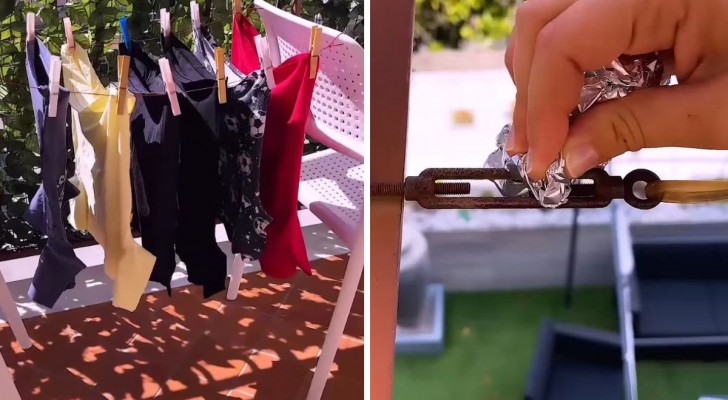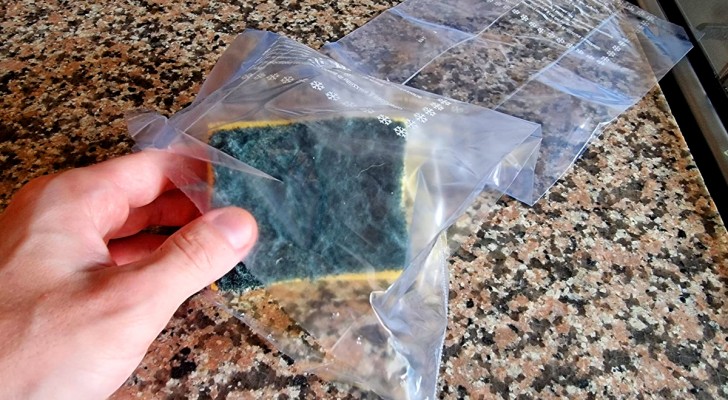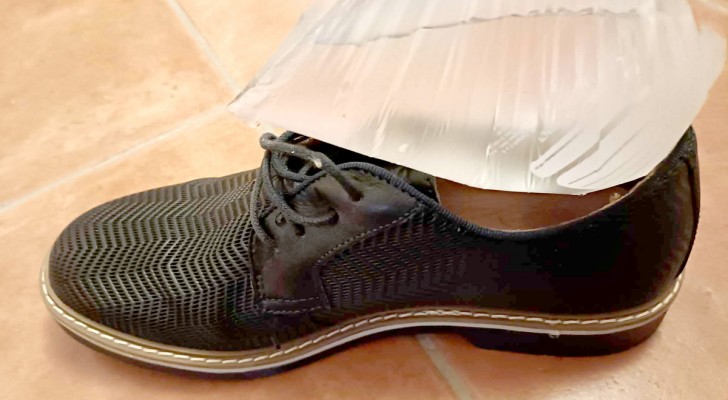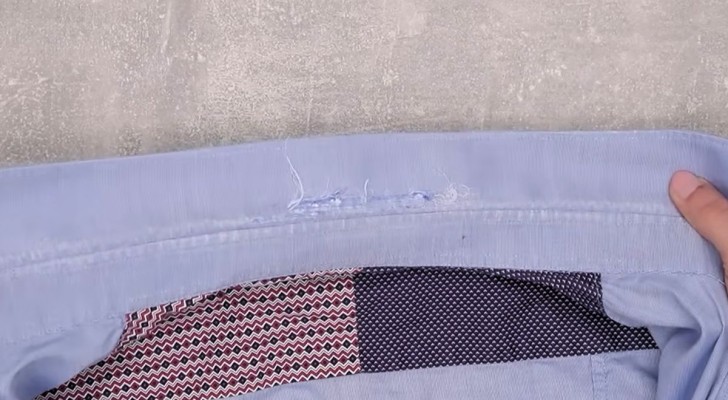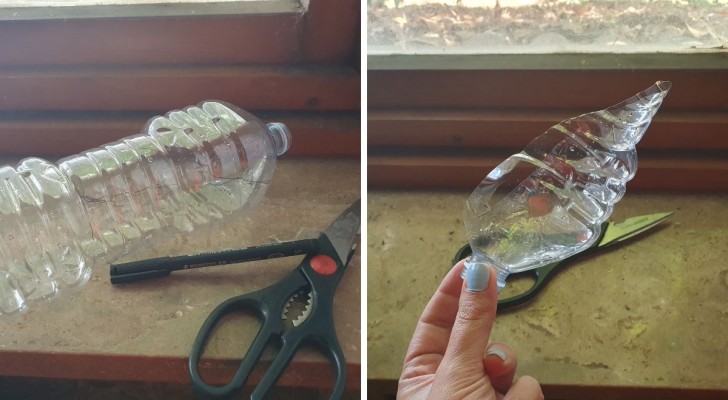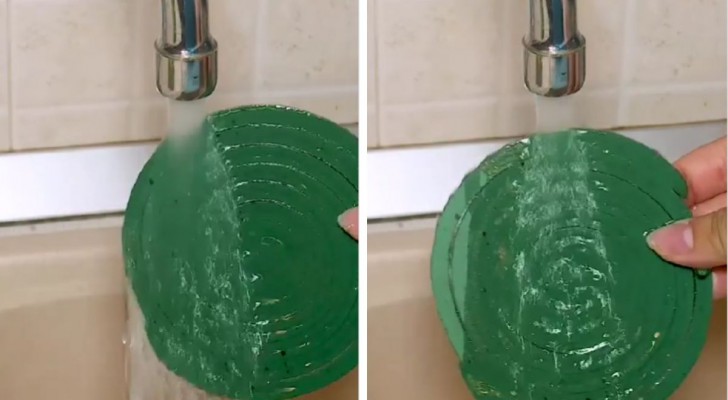Dishes still damp after washing? Discover these super easy-to-use dishwasher tips
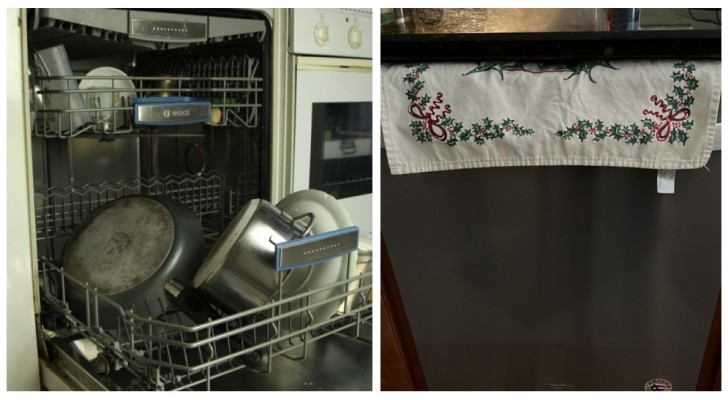
How many times do you open the dishwasher after it has finished its wash cycle and find that the dishes, pots and glasses are still damp or wet? There can be various reasons behind this phenomenon, and it may not necessarily be a malfunction.
There are also various ways to remedy the problem, and one of them is totally quick and easy: all you need is a towel, or even a tea towel (preferably clean). Find out how to use this old wive's remedy, and some other useful tips to avoid having wet dishes after washing.
This is really a very simple thing to do: when the dishwasher finishes its washing cycle completely, if you don't have time to empty it right away, take any clean towel, or even a clean kitchen towel, and put it inside the door. You nedd to place it so that a small flap comes out on the outside, and most of the fabric falls on the inside of the door, which you will close very gently.
In this way, all the hot steam that is generated at the end of the wash does not remain trapped inside but is absorbed by the dry fabric that you have placed on the door. Another way, is to insert some object (there are those who use a wooden ladle) that prevents the door from closing completely, leaving a space big enough to let the steam escape, which naturally moves up and out due to convection principles.
In fact, what it really is, is a question of having to counteract the condensation of water vapor, which in general it would suffice to open the door - but if you do not want to keep the dishwasher open for a long time and you cannot empty it immediately, then these methods are useful.
Other useful tricks to avoid this problem:
- When loading the dishwasher, make sure that the dishes do not touch each other;
- If you prefer, use a rinse aid;
- Try not to wash plastic items: various types of plastics do not conduct heat in the same way as ceramic, glass or metal. This means that the water used to clean plastic things ends up having a lower temperature than that used for the others, and the more the water cools, the more difficult it is to evaporate, which is why food containers generally remain more humid;
- It might be useful (if you really don't like having droplets of water on your dishes at the end of the cycle), to avoid washing the dishes by hand before putting them in the dishwasher. In fact, if you have a smart appliance, it will use sensors to understand how dirty the various objects inside are and thus adjust to their best cleaning. If the dishes appear clean enough to it, it will use less hot water, which will therefore evaporate at a lesser rate. This, on the other hand, means consuming less energy.
If even with these tips the problem persists, it will be good to have the appliance checked by an expert!
